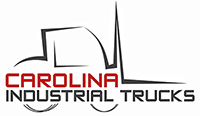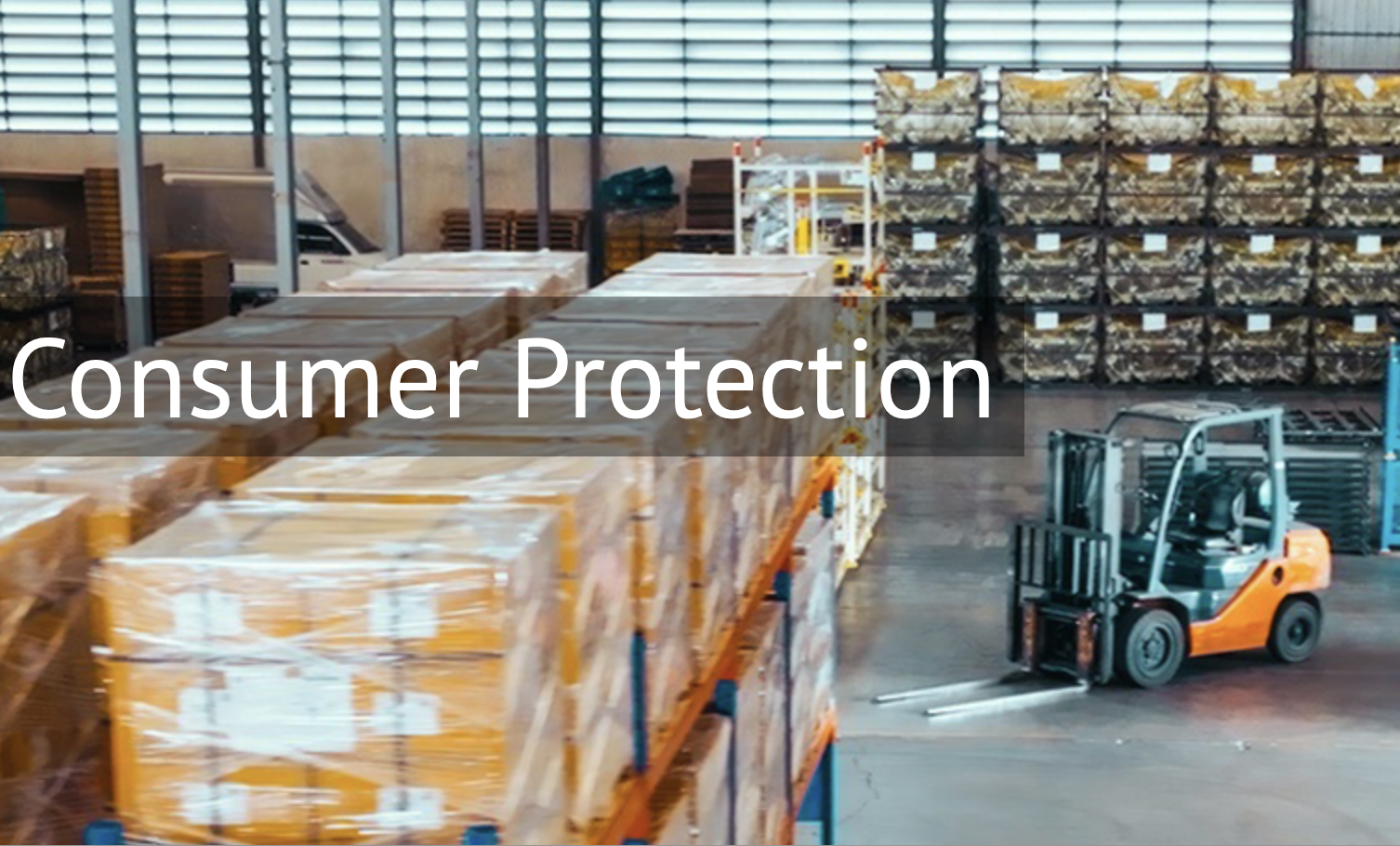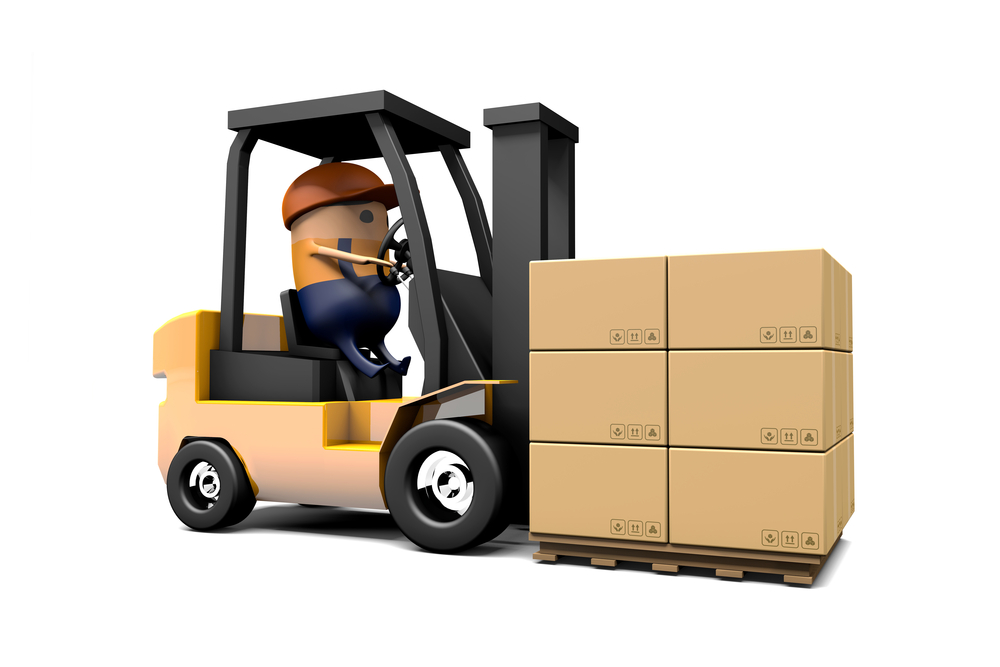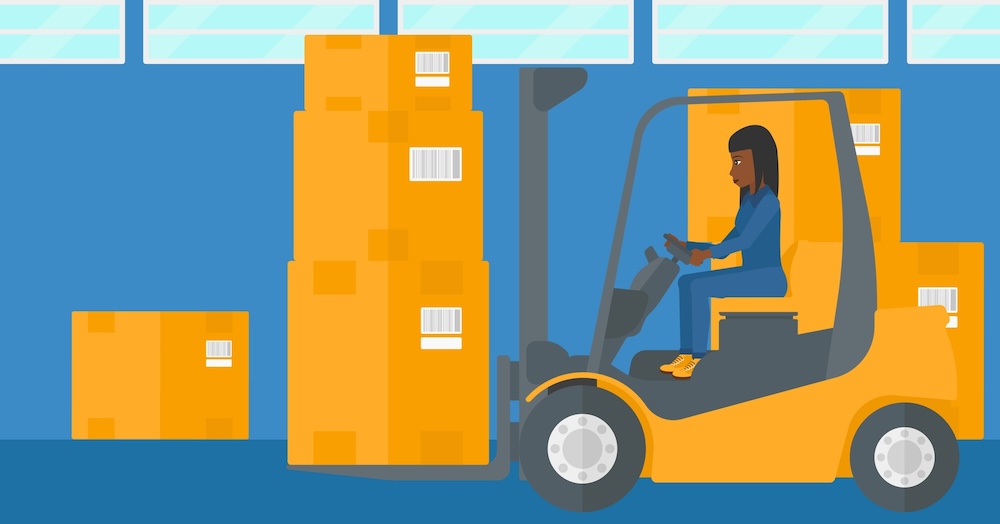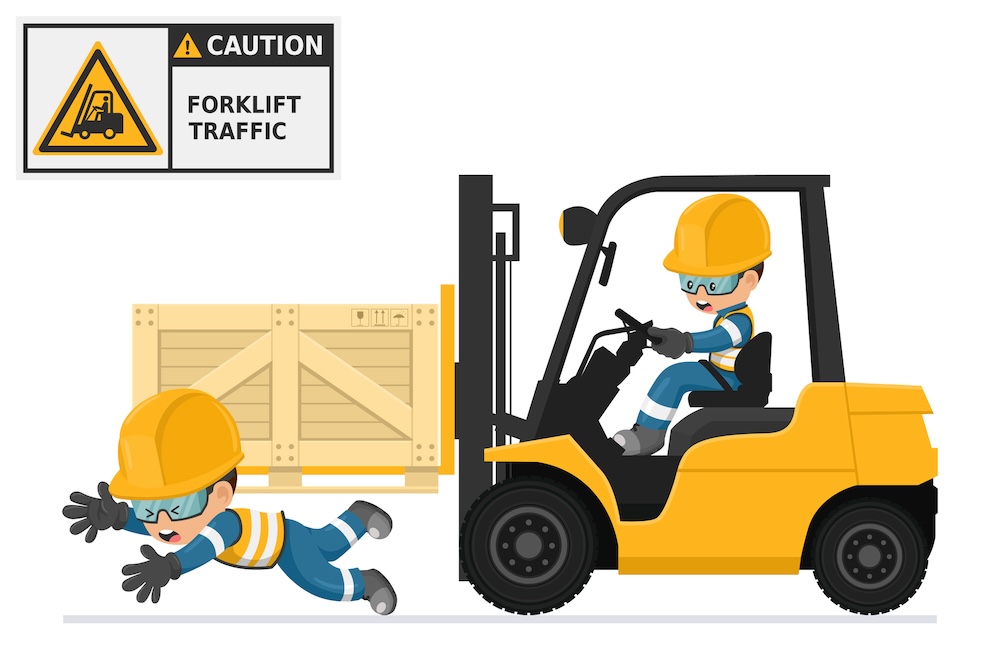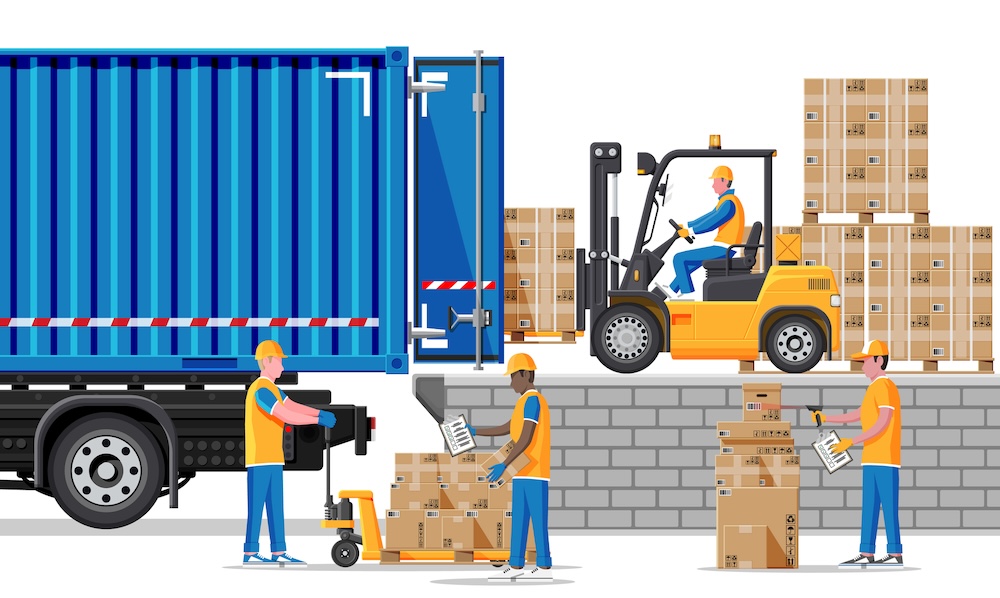The Best Damage Prevention Techniques for Your High Point, NC Forklift
05/29/2023
CITrucks
Forklifts are found in use in a variety of industries. They are particularly popular with the approximately 750,000 construction businesses in the US. They also see a great deal of use in warehouses, shipping, manufacturing, and even retail.
Of course, like most pieces of equipment that businesses use to lift heavy loads, there is a lot of opportunity for damage. Given that forklifts can cost tens of thousands of dollars, you want the maximum working life you can get from them.
That makes implementing damage prevention techniques for your forklift crucial for your High Point business. If you're thinking that your damage prevention isn't up to snuff, here are some key things you can do to extend the life of your forklift fleet in High Point.
Proper Forklift Training in High Point
Proper training is one of the single most important things you can do in terms of damage prevention. Human error is the most likely culprit in most equipment damage scenarios.
If the person operating the forklift doesn't know proper forklift operation, they're much more likely to do something the machine can't handle.
Rather than looking at forklift training courses and certification as an expense, look at them as an investment for your High Point business in protecting your very expensive equipment. It's also a good investment in protecting the health and safety of your employees.
Someone who knows what they are doing on a forklift will prove much less likely to accidentally injure themselves or someone else.
Better Lighting
Did you ever notice how much more difficult it is to drive your car at night? You simply can't see as much or as well as you can when the sun shines.
Sadly, lighting conditions in warehouses, storage areas, and on construction work sites are often less than perfect. Sometimes, it's just poor design in the space. In other cases, people rush through setup because a deadline looms.
Those poor lighting conditions make it much more likely that the operator will make a mistake that either damages the forklift or results in damage from the forklift.
Respect the Weight Limit of a Forklift
Most people who work with heavy equipment know that there is a little wiggle room baked into the limits of the equipment. In other words, they know they can break the limits a little bit without dire consequences.
The life expectancy that a manufacturer predicts for equipment generally assumes that the operators will use the equipment within the stated limits. When you exceed those limits, you put unusual strain on the equipment.
That strain adds up over 5 or 10 years when it happens on a regular basis. Repeatedly exceeding that weight limit also dramatically increases the odds of a catastrophic failure of one or more parts. This means more money spent for maintenance or replacement, which could cripple your High Point business if you are unprepared.
Balance Loads
One of the more common culprits in forklift damage is an unbalanced load. You often see this problem in warehouses when a pallet has a lot of heavy items on one side.
This can lead to the pallet slipping off of the forks or attachment. While it may not damage the forklift directly, it will likely damage the load and potentially injure workers in the vicinity.
If the load tips sideways off of the pallet, it can create torque against the forklift tines. This probably won't cause problems if it only happens occasionally. If it happens all of the time, that torque will put pressure on parts in a way they weren't designed to manage.
It can eventually lead to parts failing prematurely.
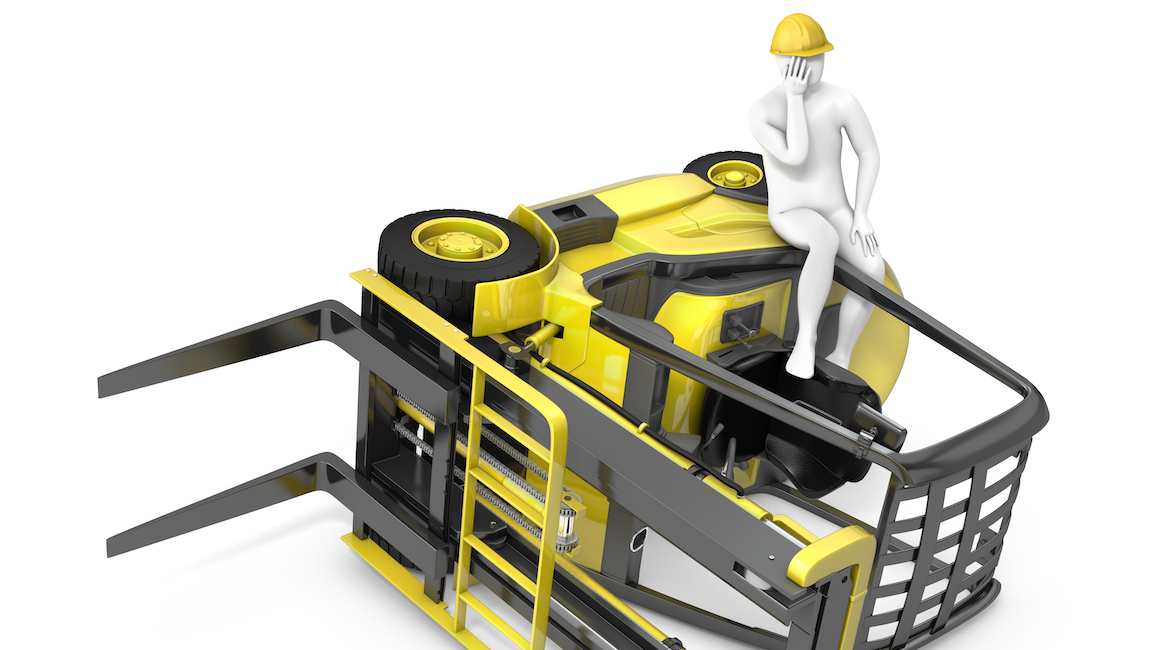
Don't Push Loads
Pushing loads with the tines of the forklift is another unfortunately common practice on too many worksites and in too many warehouses in the High Point area. Minimally, the practice can lead to bent tips on your forklift tines.
While a slight bend may not matter all that much on a construction site, it can create problems in a warehouse where the tines must slide into pallets.
Beyond that, the non-standard use puts unnatural pressure on components in the forklift. It's designed for lifting and hauling, not pushing things around.
Daily Inspections
Many forklift operators simply jump onto the forklift and go to work. That's a great way to make damage to the forklift go from noticeable to catastrophic.
Operators should make a daily inspection before they start work for the day. A few things the operator should always check include:
- Hoses
- Fluid Levels
- Tires - for pressure and damage
- Forks
- Brakes
The daily inspection helps to ensure that you or your operators spot problems quickly.
Conduct Repairs Quickly
If someone spots a problem or damage on the forklift, don't put off getting repairs. Mechanical problems will often spiral from small to major in a hurry. Conducting repairs quickly has a couple of benefits.
Minor repairs are typically less expensive than major repairs. Keeping repair costs down ultimately serves your bottom line.
A small repair usually happens faster than a large repair. If a local High Point repair tech can get the forklift back in action the same day, you face a much smaller loss in productivity.
Follow the Manufacturer's Maintenance Schedule
Forklift manufacturers generally provide pretty specific maintenance schedules for the machines. For example, they'll typically provide either a time window or usage estimate for things like getting fluid testing done on the oil and hydraulic fluid. They'll also make recommendations for in-depth inspections of the machine.
Much like following the maintenance schedule with a car, following the schedule with your forklift will extend its useful working life.
Damage Prevention Techniques for your Forklift in High Point
When it comes to damage prevention techniques, the good news is that most of the things on the list are fairly straightforward. A big chunk of it involves using the forklift as designed. You can enhance that by providing operators with proper training.
The other side of it is basic maintenance. Inspect the forklift for damage and make repairs as necessary. Also, following the maintenance schedule. Carolina Industrial Trucks offers forklift repair and maintenance services in the High Point area and beyond. For more information, contact Carolina Industrial Trucks today.
Recent Posts
